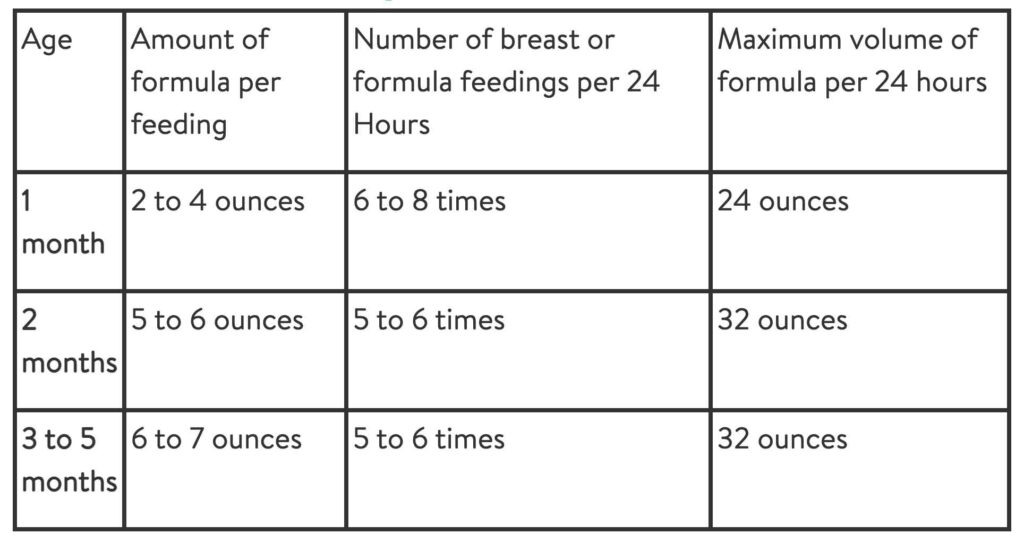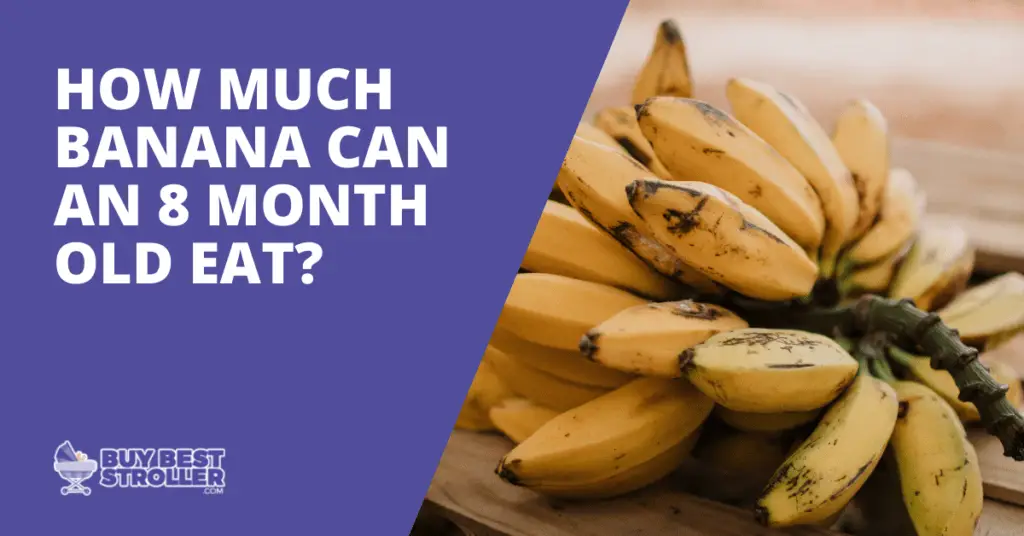“Can I serve my baby meat? How often should baby eat meat?”
It’s been a while you’re breastfeeding. It’s officially time to start to be aware of your baby’s need for solid food intake.
Being a new parent, taking charge of your child’s food and health requirements can be a bit intimidating at the beginning.
You are offered a lot of choices and you are mind-boggling with a lot of questions.
“Is my baby ready to consume solid food?”
“Can my 8-month-old baby eat bananas?”
“What kind of meat should I serve? Is meat even healthy for a tiny baby’s stomach?”
Okay, Okay! I get you.
Here’s the answer to all your baby’s food requirements. Dive in.
The right time to introduce solid food to your baby
As soon as your baby is born, you get cautious about their food requirements to ensure proper growth and reduce the chances of any kind of deficiency. You definitely don’t want to go wrong about it.
Breastfeeding and Solid Foods
The first 6 months are crucial for a baby’s growth. According to Parents.com, Breastmilk serves as a rich source of minerals, vitamins, and nutrients that your baby needs for the first 6 months.
While breastfeeding, your doctor would recommend iron and Vitamin D supplements. According to the American Academy of Pediatrics (AAP), Vitamin D supplements are suggested from birth and iron can be incorporated after 4 months.
It is not recommended to start solid food before 4 months of age because:
- Breast milk or formula completes all the nutrients your baby requires for proper growth.
- The little one isn’t developed enough to consume solid food.
- Feeding solid food before 4 months may lead to overfeeding resulting in obesity.
The 6-month Milestone
Once your baby is 6 months old, it’s time to start feeding them with solid foods. Your baby can now consume half a cup of soft food two to three times a day.
Healthy food like pureed or strained fruits, mostly apples, bananas, pears, apricots and prunes should be given between meals accompanied by breastmilk to maintain a good balance to ensure adequate growth.
A newborn baby’s natural reserve of iron starts to deplete after 6 months of age and deficiency of iron in babies can cause:
- Slow weight gain
- Pale skin.
- No appetite.
- Irritability
- Lack of energy
- Urge to eat dirt or ice
Therefore, meat is a good source of iron to add to your baby’s diet.
Now, you might have a question. Red meat for babies? Isn’t it unhealthy?
A good reason for red meat having a bad reputation is its high iron content. An excess amount of iron can cause health problems.
“You just said that iron is a good dietary source for a baby. The high iron content can be bad for the baby’s tiny stomach even if given in small quantities.”
I totally agree with you. But, hear me out.
Since the iron starts to diminish after 6 months, a baby requires a lot of iron content which breastmilk fails to provide. By the time babies are around 7 months, their iron requirement is more than an adult male.
Sources of Iron for babies
Now, we have understood the importance of iron for a baby. Let’s see how we can include it into our baby’s diet.
There are 2 different types of iron:
- Heme iron – It is easily absorbed by the body and found in meat, poultry and seafood.
- Non-heme iron – It is found in plant sources like nuts, whole grains, seeds, legumes, leafy greens, vegetables and cereals.
Heme iron is two to three times easier to absorb than non-heme iron.
But, when non-heme iron is combined with foods that contain Vitamin C such as oranges, red peppers, strawberries, and tomatoes, it is absorbed more easily.
Example: You can serve iron cereal with orange juice. You can add meat and tomato sauce to top your spaghetti.
Top 13 Iron Rich sources for your baby:
- Ground Beef
- Beans – soft/lightly mashed/pureed/soft cooked bean pasta
- Chicken – finely shredded or ground
- Eggs, scrambled or hard cooked yolks mashed with water
- Green bean puree
- Infant cereal like baby oatmeal, fortified
- Oatmeal
- O cereal
- Kale or spinach smoothies
- Mashed sweet potatoes
- Pea puree
- Peanut butter puree
- Strawberry puree
Have you decided to serve meat to your baby?
Once you decide to add meat to your baby’s dietary requirements, you would definitely have questions on how to go about it. So, here you go!
How do I know if my baby is ready to eat meat?
As soon your baby can handle texture and is physically prepared to handle solid food, you can start serving your baby meat.
Try giving them tiny bite-sized solid food and see if they are pushing it out with the tongue. Observe if they are able to breathe and swallow properly.
If everything seems fine, you can introduce meat to your baby. But, make sure you introduce it to them early because meat has a different texture as compared to other foods, your baby might refuse to adapt to it in the later months.
What Type of Meat should I serve to my baby?
Sirloin or tenderloin are said to be the best kind of meat for babies but you can serve your baby with any kind of meat like beef, chicken or turkey.
But, make sure you cook them until soft and tender or puree it so their gums can easily mash and swallow it. All you need is a blender and you’re good to go.
A few simple ways to prepare soft food:
- You can prepare a soup with any type of meat, sweet potatoes and choice of vegetables.
- You can bake or roast the food and thin out the mixture by using formula, water or breast milk.
- Pressure cook your food and add meat of your choice, carrots, veggies or fruits that you picky baby enjoys the most.
How often should baby eat meat?
Giving your baby meat every day is not recommended.
A balanced diet with other sources of nutrients such as vegetables, fruits, eggs, dairy products and fish ensures proper growth in all aspects.
The intake can be around two to three times a week for maximum benefits without any chances of risk.
Things to keep in Mind before serving meat to your baby
- Keep your baby away from processed meats like bacon.
- The meat must be soft, moist and easy enough to swallow.
- Do not serve fried meat.
- Avoid fish that is high in mercury.
- Avoid pre-seasoned or marinated meats as they may contain high amounts of salt. You can maintain the levels by marinating and seasoning at home.
- Keep the baby away from high sodium intake.
- Start with small amounts in a spoon.

Check out this feeding guide by Stanford’s Children Health, for babies starting to intake solid food.

We don’t eat meat. How do I ensure proper iron intake for my baby?
Is meat absolutely necessary?
No, it’s not.
It’s okay if you belong to a vegetarian family. There are various vegetarian sources to ensure proper iron intake.
Offer your kids plenty of iron rich foods like beans, lentils, cereals, tofu, and leafy green veggies that contain non-heme iron.
Since they are difficult to absorb, combine them with sources of Vitamin C, as suggested earlier.
Takeaway
You can add meat to your baby’s diet but if you don’t prefer meat, you can opt for vegetarian sources to complete the iron intake.
Don’t force your baby to eat meat. Monitor after a few days to understand if your baby is developing any kind of discomfort or allergies by consuming meat.
Also, it is advisable to check baby food decisions with your baby’s health care provider before making abrupt decisions.




